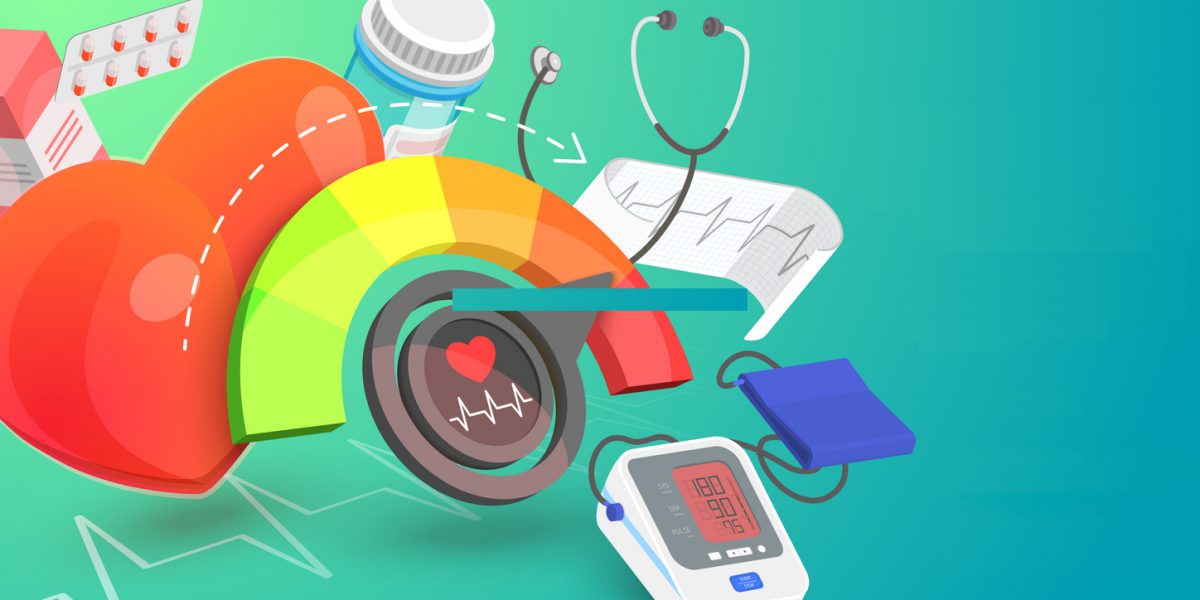Objective: The metabolic syndrome has been recognized as a major health risk for patients taking atypical antipsychotics. Few studies, however, have examined large samples of psychiatric patients to explore the prevalence of the signs and symptoms associated with this condition.
Method: The investigators retrospectively identified all inpatient admissions at the study site who were treated with antipsychotics during 2003 (N = 1691) and extracted demographic and clinical data (including measures associated with the syndrome: body mass index > 30 kg/m2, dyslipidemia, diagnosis of hypertension or diabetes). Stepwise logistic regression was used to identify variables associated with each correlate of the syndrome.
Results: In the majority of this sample (69.3%), at least 1 correlate of the metabolic syndrome was present. The odds that a patient would have 1 or more of these measures were approximately 8 times greater for those receiving clozapine than for those receiving another antipsychotic medication. These patients also had increased odds (odds ratio = 2.5) of having hypertension or diabetes. In the subsample of patients with documentation for all 5 correlates of the metabolic syndrome (N = 362), 18.8% had >= 3 of 5.
Conclusion: The prevalence of at least 3 correlates in psychiatric inpatients receiving antipsychotics is probably an underestimate, because diagnosis was substituted for the blood pressure and glucose measures. Nonetheless, these findings support the call for routine screening for metabolic symptoms in patients receiving antipsychotics. The risk for these symptoms may be particularly high in some subgroups identified, such as patients older than 50 years and those taking clozapine or multiple antipsychotics.
Enjoy this premium PDF as part of your membership benefits!





